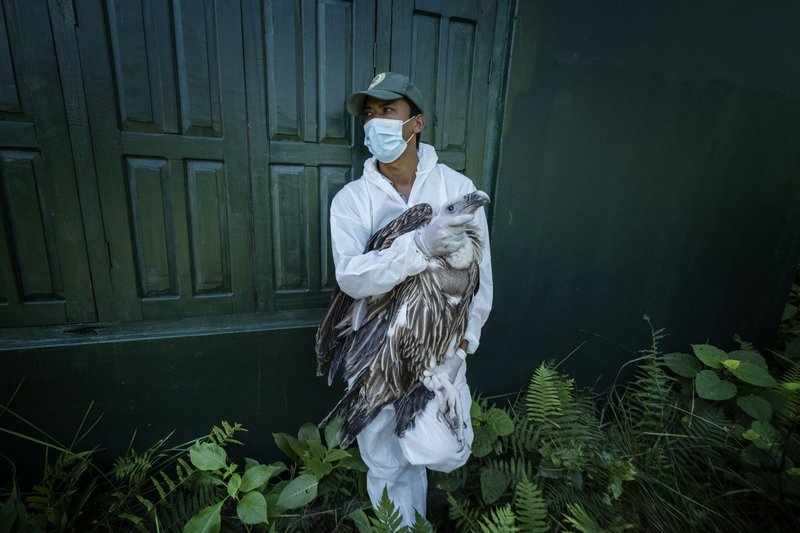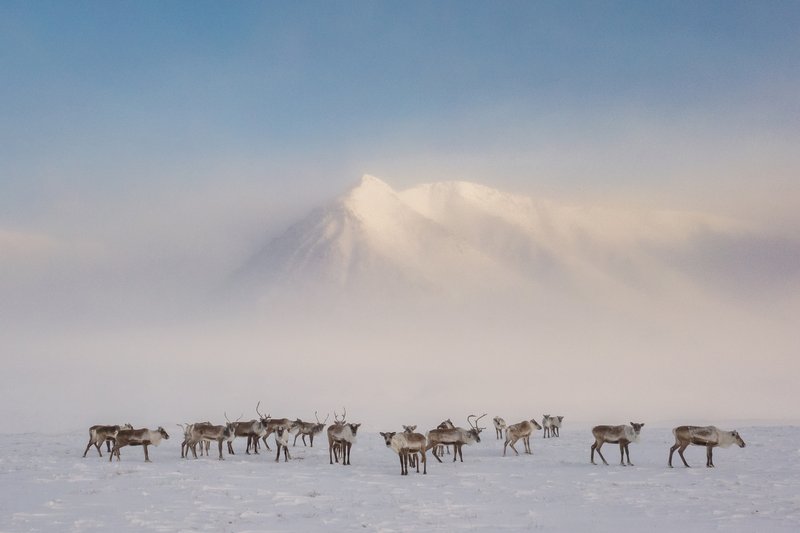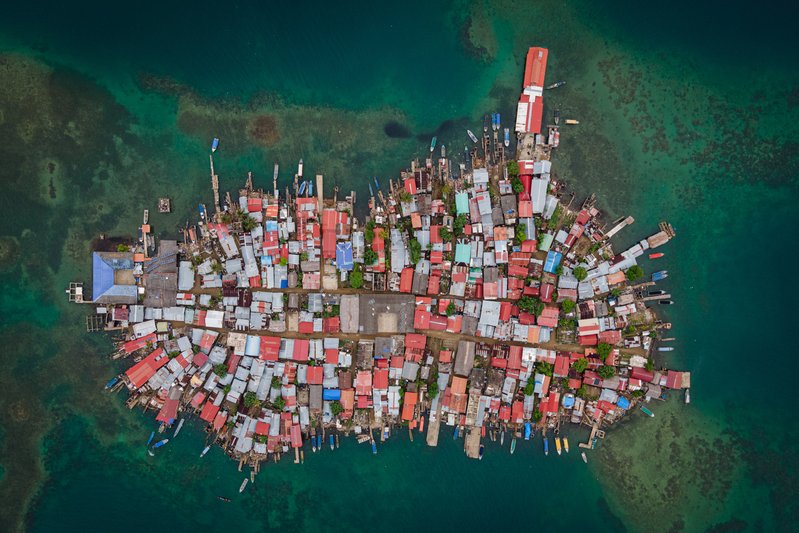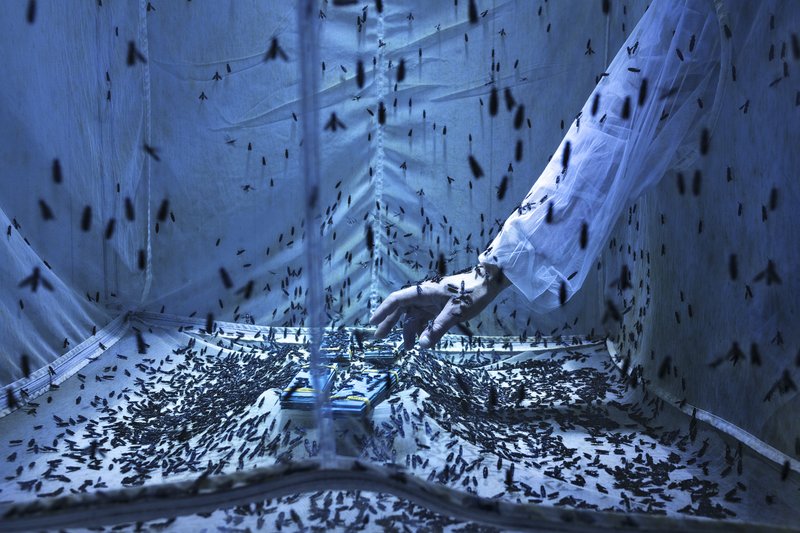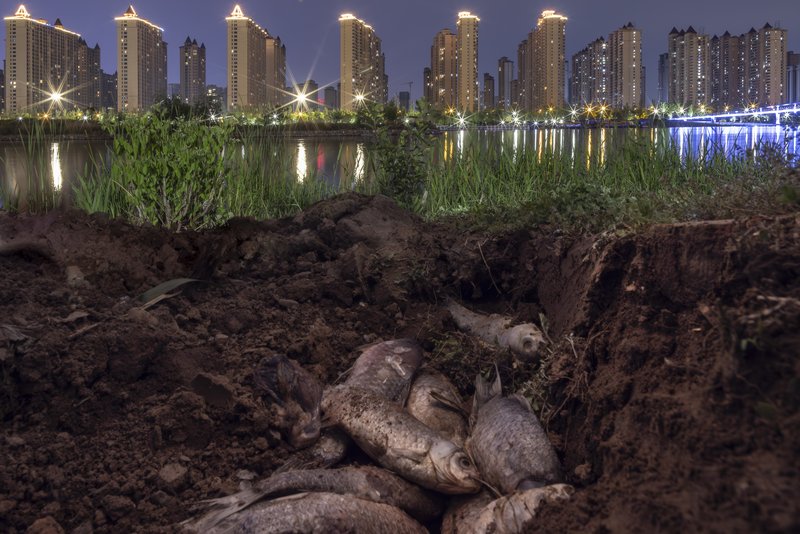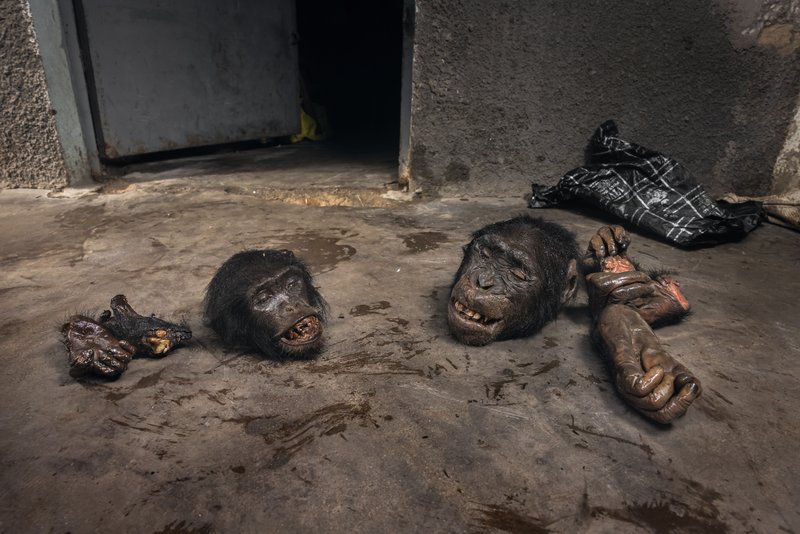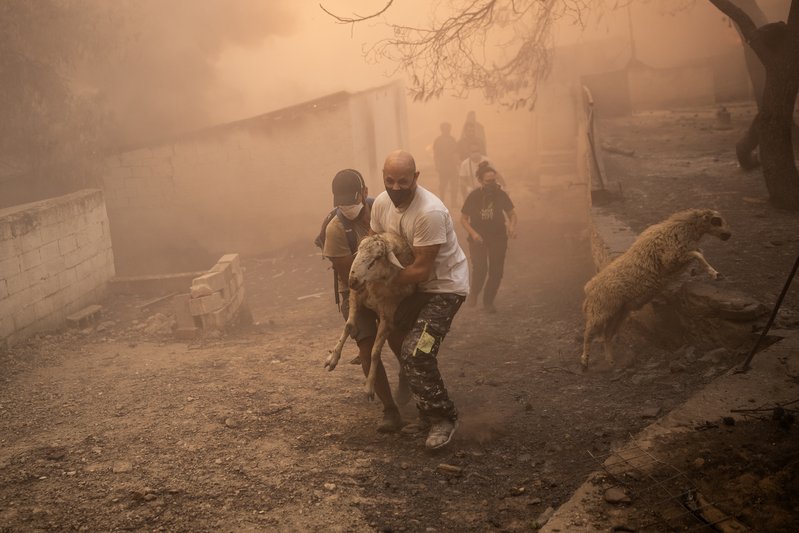POY 81 Science and Natural History
A single photograph that increases the understanding and appreciation of science or the natural world. Studio scenes that are arranged by the photographer are not eligible.
First: Untitled
Nepal, Kawasoti, Jatayu Restaurant, Jatayu Restaurant team member, Kewal Prasad Chaudhary, holds an injured Himalayan Griffon vulture. Two injured (near threatened) Himalayan Griffon vultures are being cared for in a small enclosure near the feeding center. Once they regain strength, they will be moved to the soft-release aviary on the feeding field where they will have more room to practice flying and being around other birds. The goal is to integrate them back into the wild as quickly as possible. Vultures control biological waste by devouring carcasses at lighting speed, neutralizing pathogens, and preventing diseases from spreading. Their waste management services are free and eco-friendly. Over 1 million vultures were nearly wiped out in Nepal by Diclofenac, an NSAID used to treat livestock in the 1990s.The drug was banned in 2006. Jatayu Restaurant was the first community-run safe feeding zone for vultures in the world. Deceased livestock, donated by local farmers, is checked for vulture-toxic substances. The feeding frenzy is swift. Remains are recycled back to the community as feed and fertilizer. Following a successful breeding program, the population is rebounding with captive and wild vultures pairing. The project, replicated in Nepal and elsewhere, is a boon to the local economy, and promotes conservation and eco-tourism. But vultures still face many hazards including, accidental poisoning, electrocution, deforestation, and food scarcity.
